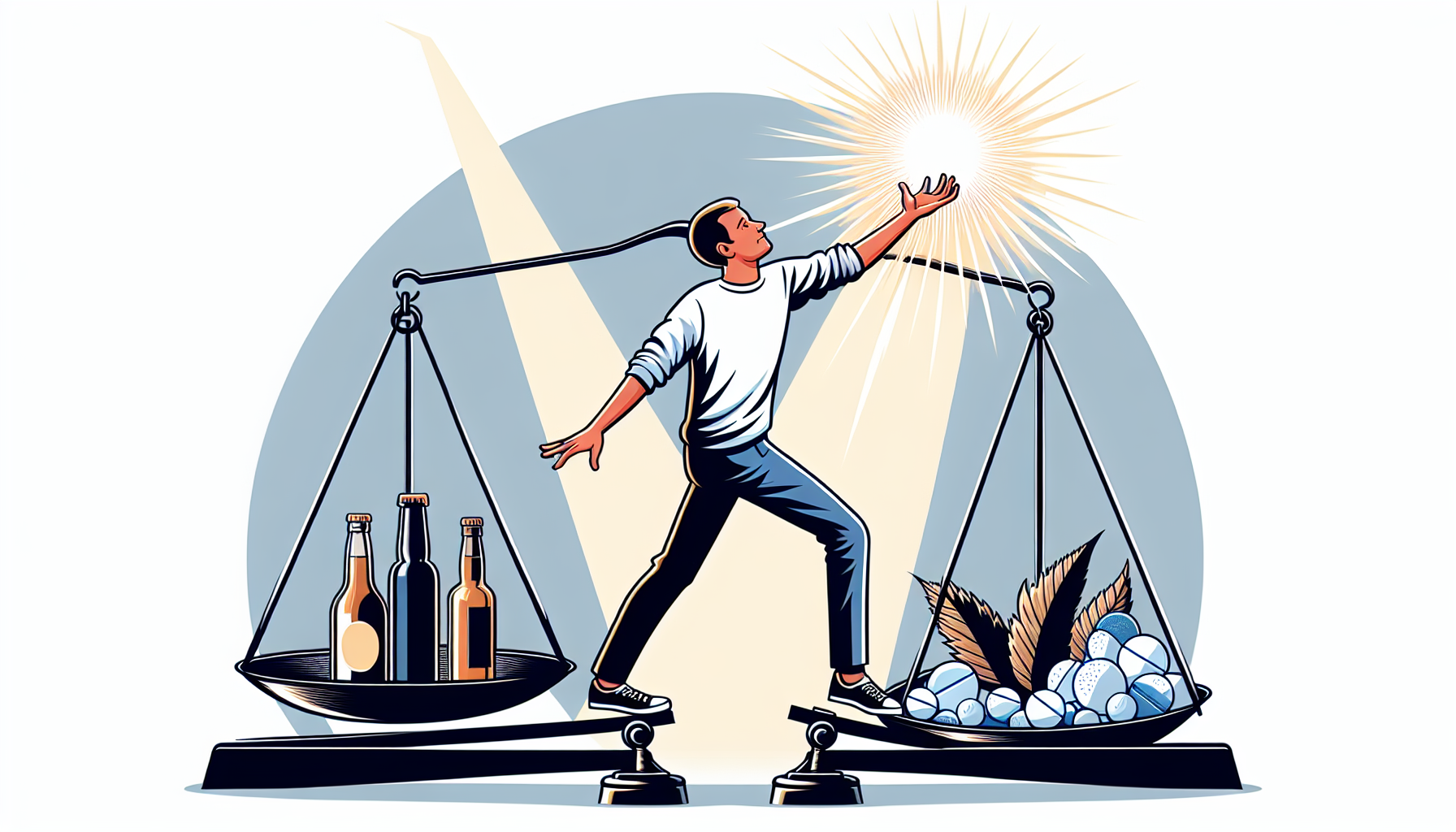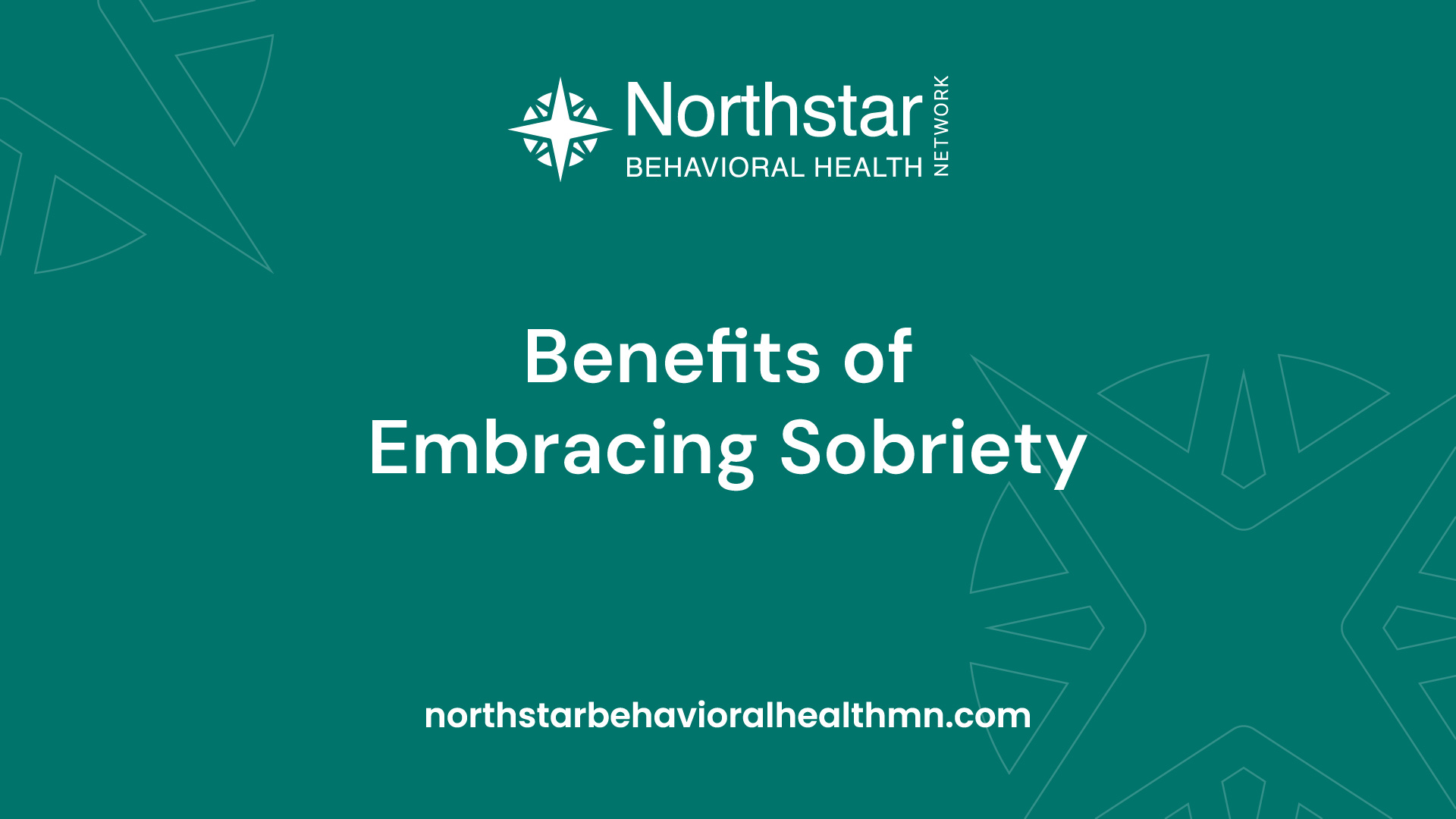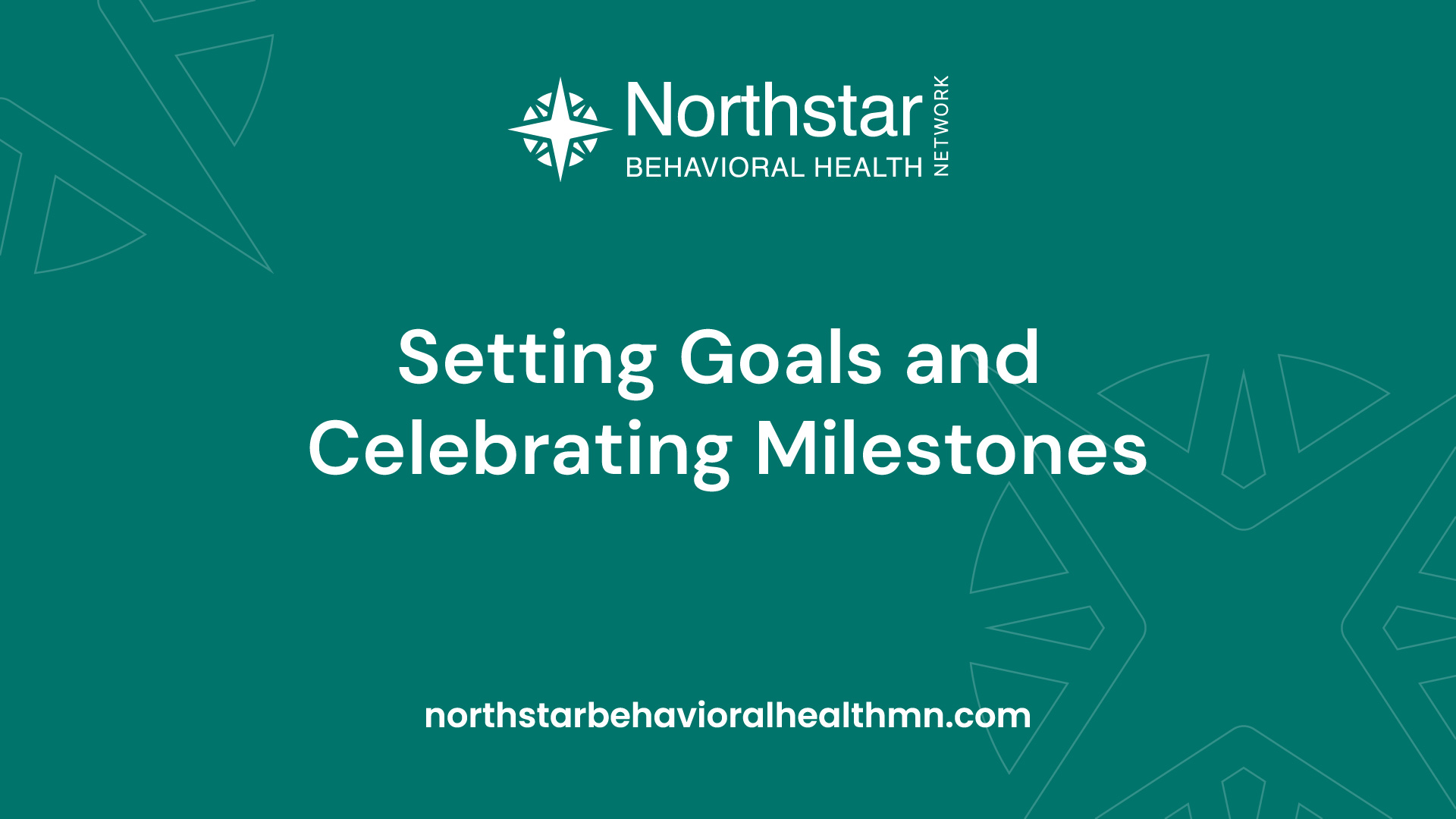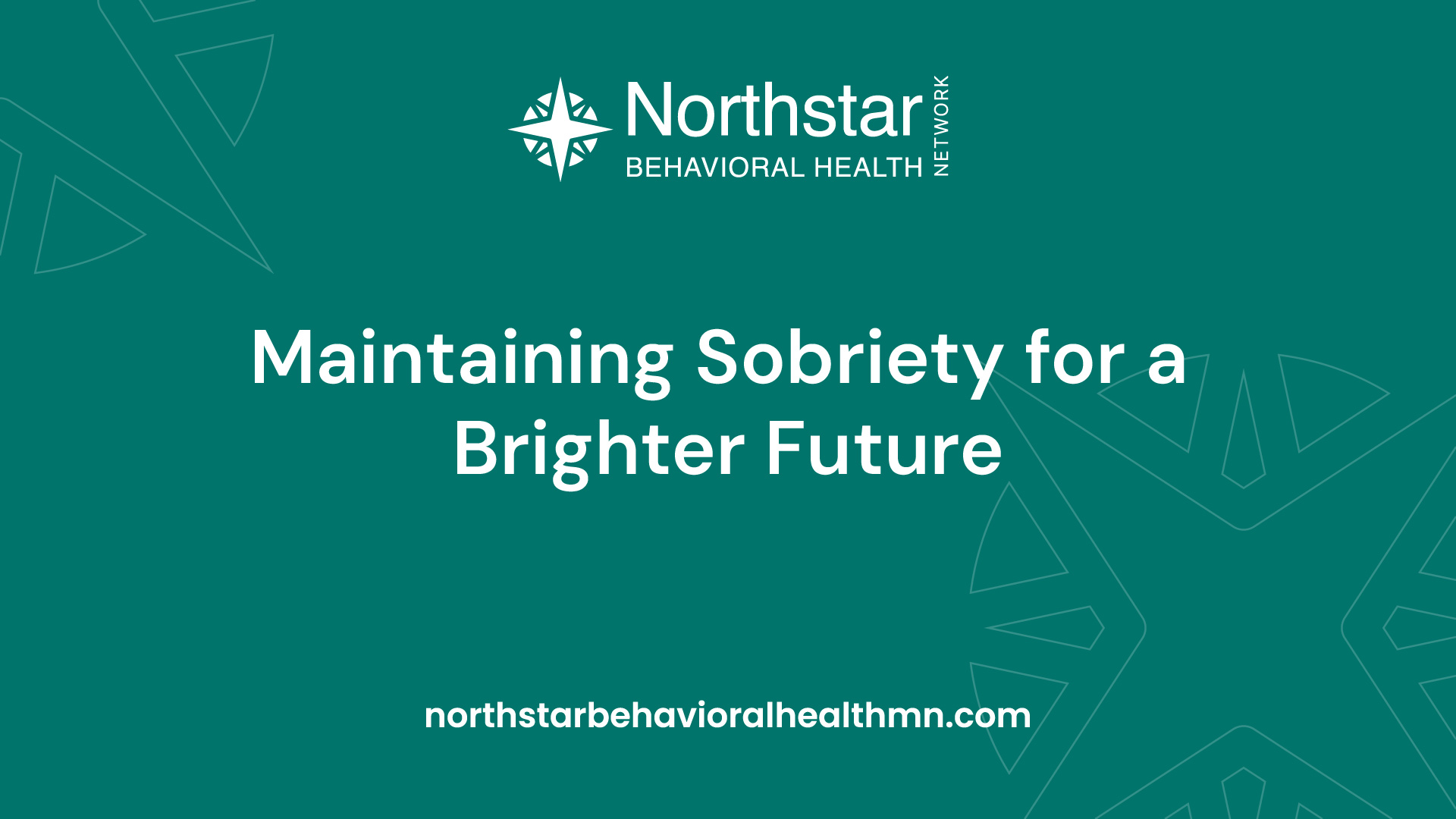August 4, 2024
Choosing Sobriety For A Better Life
Discover the benefits of embracing sobriety and build a supportive network for a brighter future.


Understanding Sobriety
Sobriety is a life-changing decision that involves abstaining from the use of alcohol or drugs. It is a commitment to living a healthier, happier, and more fulfilling life. Understanding the meaning of sobriety and its benefits is essential for those who are considering or have already embarked on this journey.
What Does it Mean to Be Sober?

Being sober means refraining from the use of substances that alter one's state of mind, such as alcohol or drugs. It involves a conscious decision to break free from the cycle of addiction and embrace a life of clarity, sobriety, and self-awareness.
Sobriety goes beyond simply abstaining from substance use. It encompasses a holistic approach to overall wellness, including physical, mental, and emotional health. It means making a commitment to oneself, prioritizing personal growth, and taking control of one's life.
Benefits of Embracing Sobriety

The decision to embrace sobriety brings about numerous benefits that can positively impact every aspect of life. Some of the key benefits include:
- Improved Physical Health: Sobriety allows the body to heal from the damaging effects of substance abuse. It can lead to better sleep, increased energy levels, improved immune function, and a reduced risk of developing health conditions associated with addiction.
- Enhanced Mental Clarity: Sobriety clears the mind and allows for improved cognitive function, memory, and concentration. It can lead to increased mental clarity, better decision-making abilities, and improved overall mental well-being.
- Emotional Stability: Substance abuse often takes a toll on emotional health. Embracing sobriety allows individuals to regain emotional stability, experience a wider range of emotions, and develop healthier coping mechanisms.
- Improved Relationships: Sobriety fosters healthier relationships with family, friends, and loved ones. It enables individuals to rebuild trust, communicate effectively, and establish stronger connections.
- Personal Growth: Sobriety provides an opportunity for personal growth and self-discovery. It allows individuals to pursue new interests, set and achieve goals, and unlock their full potential.
- Financial Stability: Substance abuse can have a significant financial impact. Embracing sobriety can lead to improved financial stability by eliminating expenses related to substance use and enabling individuals to focus on their careers and long-term financial goals.
By understanding the meaning of sobriety and the benefits it brings, individuals can make an informed decision to embark on this transformative journey. Embracing sobriety is a courageous step towards living a healthier, more fulfilling life. If you're looking for support and guidance on your journey to sobriety, consider seeking help from professionals and support groups dedicated to helping individuals recover and thrive.
Making the Decision
When it comes to embracing sobriety, the journey begins with making the decision to change. This crucial step involves recognizing the need for change and setting your intentions for a sober life.
Recognizing the Need for Change
Recognizing the need for change is an essential aspect of embarking on a sober journey. It involves acknowledging the negative impact that substance use has had on your life and the desire to create a better future for yourself. This self-reflection process may include evaluating the consequences of addiction, such as strained relationships, health issues, legal troubles, or a decline in overall well-being.
It's important to remember that everyone's journey is unique, and the decision to be sober is a personal one. Whether you've reached a breaking point or simply want to live a healthier and more fulfilling life, recognizing the need for change is the first step towards a brighter future.
Setting Your Intentions
Once you've recognized the need for change, setting your intentions can provide a clear path forward. Intentions serve as a guide to help you stay focused and committed to your sobriety goals. Here are a few steps to help you set your intentions:
- Reflect on your desires: Take time to reflect on why you want to be sober and what you hope to achieve. This could include improving your physical and mental health, mending relationships, pursuing new passions, or finding inner peace.
- Define your goals: Set specific and measurable goals that align with your intentions. These goals can be both short-term and long-term, allowing you to track your progress and celebrate milestones along the way.
- Write them down: Putting your intentions and goals in writing can help solidify your commitment. Consider creating a journal or a vision board to serve as a visual reminder of your aspirations. This can serve as a source of motivation during challenging times.
- Share with your support system: Communicate your intentions with your support system, whether it's friends, family, or a support group. Their encouragement and understanding can provide the necessary support as you navigate your journey.
Remember, embracing sobriety is a continuous process, and setting your intentions is just the beginning. It's important to be patient and kind to yourself as you work towards a sober and fulfilling life. If you're seeking additional support or guidance, consider reaching out to professionals or organizations that specialize in addiction recovery. You are not alone on this journey, and there is help available to assist you every step of the way.
Building a Support System
When embarking on the journey of sobriety, building a strong support system is crucial. Surrounding yourself with people who understand your journey and can provide guidance and positivity can greatly increase your chances of success. Here are two important aspects to consider when building your support system.
Seeking Help and Guidance
Seeking help and guidance from professionals and support groups is an essential step towards sobriety. These resources can provide you with the knowledge, tools, and support needed to navigate the challenges of overcoming addiction. Consider reaching out to the following:
- Therapists and Counselors: Seeking therapy or counseling can help you address the underlying issues that may have contributed to your addiction. Therapists can provide guidance and support as you work through the emotional and psychological aspects of recovery.
- Support Groups: Joining support groups, such as Alcoholics Anonymous (AA) or Narcotics Anonymous (NA), can connect you with individuals who are going through similar experiences. These groups offer a safe and non-judgmental space to share your struggles, gain insights from others, and receive encouragement along the way. You can find local meetings or online communities to connect with others who understand your journey.
Remember, seeking help and guidance is a sign of strength, not weakness. It takes courage to acknowledge that you need support, and reaching out to professionals and support groups can provide you with the guidance and encouragement necessary for your recovery journey.
Surrounding Yourself with Positivity
Creating a positive and supportive environment is vital for maintaining sobriety. Surrounding yourself with people who uplift and encourage you can help you stay focused on your goals. Consider the following aspects when building a positive support system:
- Family and Friends: Share your decision to be sober with your loved ones. Seek their understanding and ask for their support. Having a network of family and friends who are supportive of your journey can provide valuable emotional support.
- Sober Friends: Find friends who are also committed to sobriety. These individuals can understand the challenges you face and offer support without temptation or judgment. Building connections with people who share similar goals can help you stay on track and reinforce positive behaviors.
- Online Communities: Utilize online platforms and communities that are focused on sobriety. These communities can provide a sense of belonging and connection, even if you don't have access to in-person support groups. Engaging with others who are on a similar journey can provide encouragement and a sense of community.
By surrounding yourself with positive influences and seeking professional help and support, you can create a strong support system that will empower you on your path to sobriety. Remember, you don't have to face this journey alone, and there are people who genuinely want to see you succeed.
Coping Strategies
When embarking on the journey of sobriety, it's important to have effective coping strategies in place to navigate challenges and stay committed to your goal. In this section, we will explore two essential coping strategies: dealing with triggers and finding healthy alternatives.
Dealing with Triggers
Triggers are people, places, situations, or emotions that may tempt individuals to revert to their previous substance use. Recognizing and managing triggers is crucial in maintaining sobriety. Here are some strategies to help you deal with triggers:
- Identify your triggers: Take time to reflect on the factors that have influenced your substance use in the past. It could be stress, certain social settings, specific individuals, or even certain times of the day. By identifying your triggers, you can be better prepared to tackle them.
- Develop a plan: Once you have identified your triggers, create a plan of action. Determine how you will respond when faced with a triggering situation. This could involve removing yourself from the environment, reaching out to your support system, or practicing relaxation techniques.
- Seek support: Don't hesitate to reach out to your support system when triggers arise. Whether it's a trusted friend, family member, or support group, having someone to talk to can provide valuable guidance and encouragement. Consider joining a support group or attending therapy sessions to gain additional coping strategies.
- Practice self-care: Engaging in self-care activities can help you reduce stress and manage triggers. This could include exercise, meditation, journaling, or pursuing hobbies that bring you joy and fulfillment. Taking care of your physical and mental well-being is essential in maintaining sobriety.
Finding Healthy Alternatives
Replacing unhealthy habits with healthy alternatives is an effective way to stay on track with your sobriety. Here are some healthy alternatives you can consider:
- Physical activity: Engaging in regular exercise not only promotes physical health but can also boost your mood and reduce cravings. Find activities that you enjoy, such as walking, swimming, or practicing yoga, and incorporate them into your routine.
- Creative outlets: Channel your energy into creative pursuits such as painting, writing, playing a musical instrument, or gardening. These activities can provide a sense of fulfillment and serve as a positive outlet for your emotions.
- Socializing and support: Surround yourself with individuals who support your sobriety journey. Building healthy relationships and participating in sober social activities can help you feel connected and reduce feelings of isolation.
- Education and personal growth: Focus on personal development by learning new skills or pursuing educational opportunities. This not only keeps your mind engaged but also helps to build confidence and a sense of purpose.
Remember, finding healthy alternatives is not about simply eliminating substances from your life, but rather embracing a new, fulfilling lifestyle. By implementing these coping strategies and finding healthy alternatives, you can navigate triggers and build a strong foundation for your sober journey. For more information on embracing a sober lifestyle, explore our article on seek the sober life.
Setting Goals and Celebrating Milestones

When embarking on the journey of sobriety, setting goals and celebrating milestones can be powerful motivators to stay on track and maintain your resolve. Establishing both short and long-term goals gives you a sense of purpose and direction, while rewarding yourself along the way provides positive reinforcement for your achievements.
Establishing Short and Long-Term Goals
Setting clear and achievable goals is essential for your sobriety journey. Short-term goals focus on milestones that can be reached in the near future, while long-term goals encompass larger accomplishments that may take more time and effort. Here are some examples of short and long-term goals to consider:
Short-Term Goals:
Long-Term Goals:
Remember, these goals are just examples, and it's important to personalize them to align with your own aspirations and values. By setting goals, you provide yourself with direction and purpose on your journey towards sobriety.
Rewarding Yourself Along the Way
Celebrating milestones and rewarding yourself for your accomplishments is an essential part of staying motivated and maintaining your commitment to sobriety. Rewards can be small or significant, depending on the milestone achieved. Here are some ideas for rewarding yourself:
These rewards serve as reminders of your progress and reinforce your commitment to a sober and fulfilling life. Remember to choose rewards that align with your values and provide positive reinforcement for your achievements.
By setting goals and celebrating milestones, you create a roadmap for your sobriety journey. It's important to track your progress, adjust your goals as needed, and recognize the achievements along the way. Celebrate each milestone as a step towards living your best life free from addiction.
Embracing a New Lifestyle
When embarking on a journey of sobriety, it's important to embrace a new lifestyle that supports your decision and helps you build a fulfilling and rewarding routine. This section will explore two key aspects of embracing a new life in sobriety: creating a fulfilling routine and maintaining sobriety for a brighter future.
Creating a Fulfilling Routine
Creating a fulfilling routine is an essential part of maintaining sobriety. By establishing structure and purpose in your daily life, you can replace old habits with new, healthier ones. Here are some tips to help you create a routine that supports your sobriety:
- Set Goals and Prioritize: Start by setting short-term and long-term goals that align with your values and aspirations. These goals can be personal, professional, or related to your well-being. Prioritize these goals and incorporate activities into your routine that contribute to their achievement.
- Establish a Morning Routine: Begin your day with a positive and intentional morning routine. This can include activities like meditation, exercise, journaling, or simply enjoying a nutritious breakfast. A consistent morning routine sets a positive tone for the rest of the day.
- Engage in Healthy Activities: Fill your day with activities that bring you joy, fulfillment, and personal growth. This can include hobbies, creative pursuits, volunteering, spending time with loved ones, or learning new skills. Engaging in activities that align with your interests and values helps to replace old habits and create a sense of purpose.
- Practice Self-Care: Prioritize self-care activities that nourish your mind, body, and soul. This can include getting enough sleep, eating nutritious meals, practicing mindfulness or relaxation techniques, and engaging in activities that promote self-reflection and personal growth.
Remember, creating a fulfilling routine is a personal journey. Experiment with different activities and schedules to find what works best for you. For additional guidance and inspiration, check out our article on seek the sober life.
Maintaining Sobriety for a Brighter Future

Maintaining sobriety requires ongoing commitment and dedication. Here are some strategies to help you stay on track and build a brighter future:
- Stay Connected: Surround yourself with a supportive network of friends, family, or support groups who understand and respect your journey. Regularly connect with individuals who uplift and inspire you, and reach out for support when needed. For additional tips on building a support system, refer to our section on building a support system.
- Avoid Triggers: Identify and avoid situations, places, or people that can trigger cravings or temptations. This may involve making changes to your social circle, avoiding certain environments, or finding alternative activities to replace old habits. For more tips on dealing with triggers, refer to our section on dealing with triggers.
- Practice Self-Reflection: Dedicate time for self-reflection and personal growth. Regularly assess your progress, identify areas for improvement, and celebrate your successes. Journaling or engaging in therapy or counseling can provide valuable insights and support in your journey towards a brighter future.
- Celebrate Milestones: Celebrate your achievements and milestones along the way. Whether it's a week, a month, or a year of sobriety, acknowledge and reward yourself for your hard work and dedication. This celebration serves as a reminder of your progress and motivates you to continue on your path.
By creating a fulfilling routine and maintaining your sobriety, you are actively building a brighter future for yourself. Remember to be patient with yourself, seek support when needed, and celebrate every step towards a healthier and happier life.

.jpg)




.jpg)

